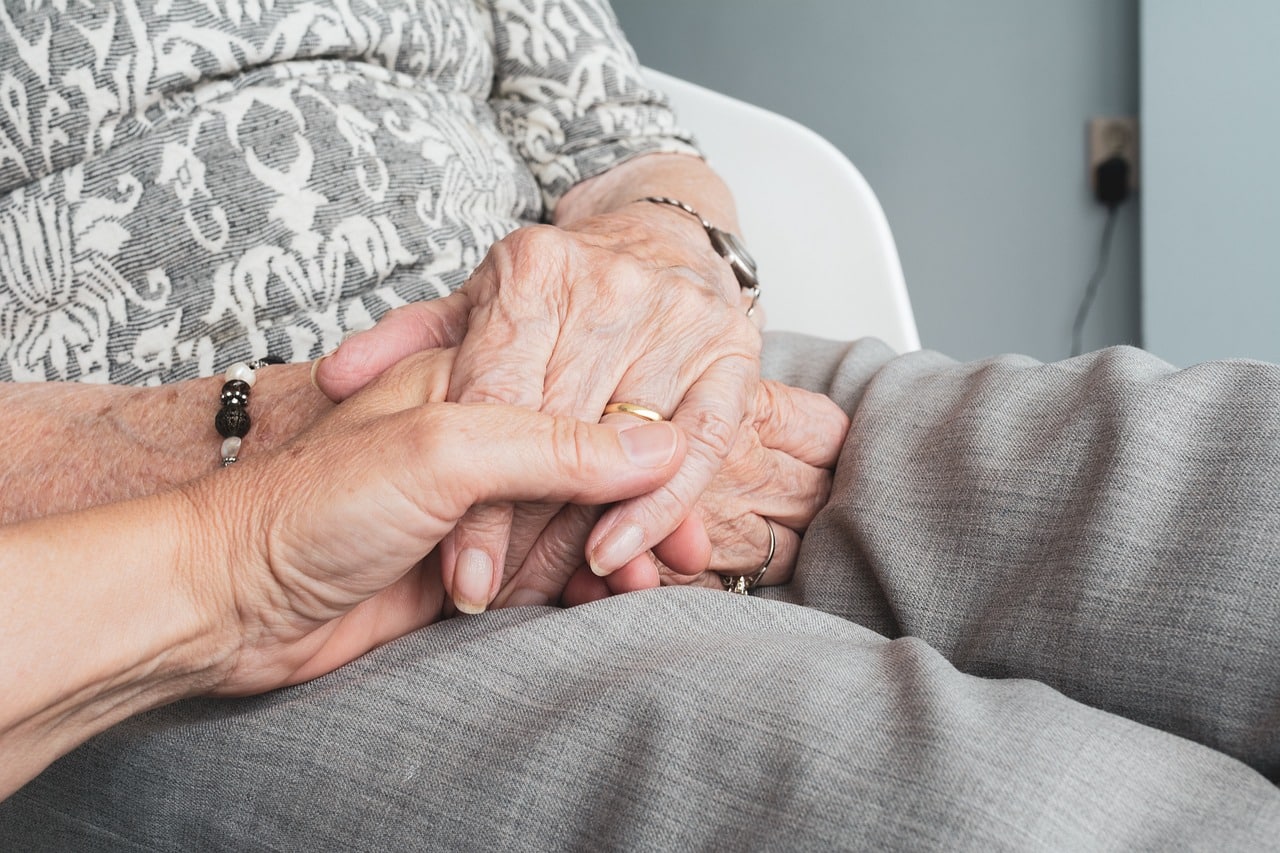
MP Rita Superman and a representative of the Third Age Observatory on Wednesday spoke about how Cyprus was failing its aging population – and the thousands of domestic workers who take care of them. Cyprus’ overreliance on domestic workers to plug the gaps pointed to systemic issues that must be addressed, they highlighted. Superman said the influx of domestic helpers, often untrained and underregulated, was a symptom of this larger issue.
Families, unable to find or afford proper eldercare facilities are forced to turn to live-in caregivers because it’s cheaper. The domestic workers, mainly female from Asian countries, usually arrive without any specialised skills in dealing with the elderly, the disabled, or children, she said. Currently, with over 150,000 seniors needing care of some kind, only a fraction – about 4,000 to 6,000 – are in proper facilities.
On top of that, many domestic workers, seeing better opportunities elsewhere, often use Cyprus as a springboard to other EU destinations, Superman revealed. Sometimes, unscrupulous employment agencies which bring the women to Cyprus incite them to leave for other European countries with promises of better wages, often under false pretences. NGOs have also been sounding the alarm for years about domestic carers abandoning their posts.
The number is estimated at around 3,000. It’s hard to blame these women. Brought in to provide care for an elderly relative, they find themselves used as cleaners or child minders and also “shared” within the extended family for a maximum salary of around €420 a month.
This patchwork system that benefits neither the elderly, nor their carers, has been allowed to fester for decades due to the lack of comprehensive planning. Even the Health Insurance Organisation warned in June that the absence of adequate infrastructure for eldercare could compromise the effective functioning of the healthcare system as a whole. A case in point where despite good intentions, the so-called Red Button project, an emergency alert system for the elderly, has been sitting in bureaucratic limbo for five years – the budget only submitted last month.
If Cyprus can’t implement a single straightforward programme in half a decade, how does it expect to address the far more complex issue of wider eldercare infrastructure? It underscores successive governments’ reactive rather than proactive approach. The focus remains on addressing problems as they arise rather than implementing measures to prevent them. According to government data, the over 65s constituted 26.
7 per cent of the population in 2022. This will rise to 32 per cent by 2030. By 2060 over 51 per cent of people in Cyprus will be aged over 65.
It’s not just about providing a “dignified old age” to the elderly. The ramifications of an aging population will reverberate throughout society and place a heavy burden on the next two generations. Cyprus must stop relying on temporary fixes like domestic workers to paper over the cracks that in turn creates a host of other problems and instead create a system that doesn’t treat elderly care as an afterthought.
.













